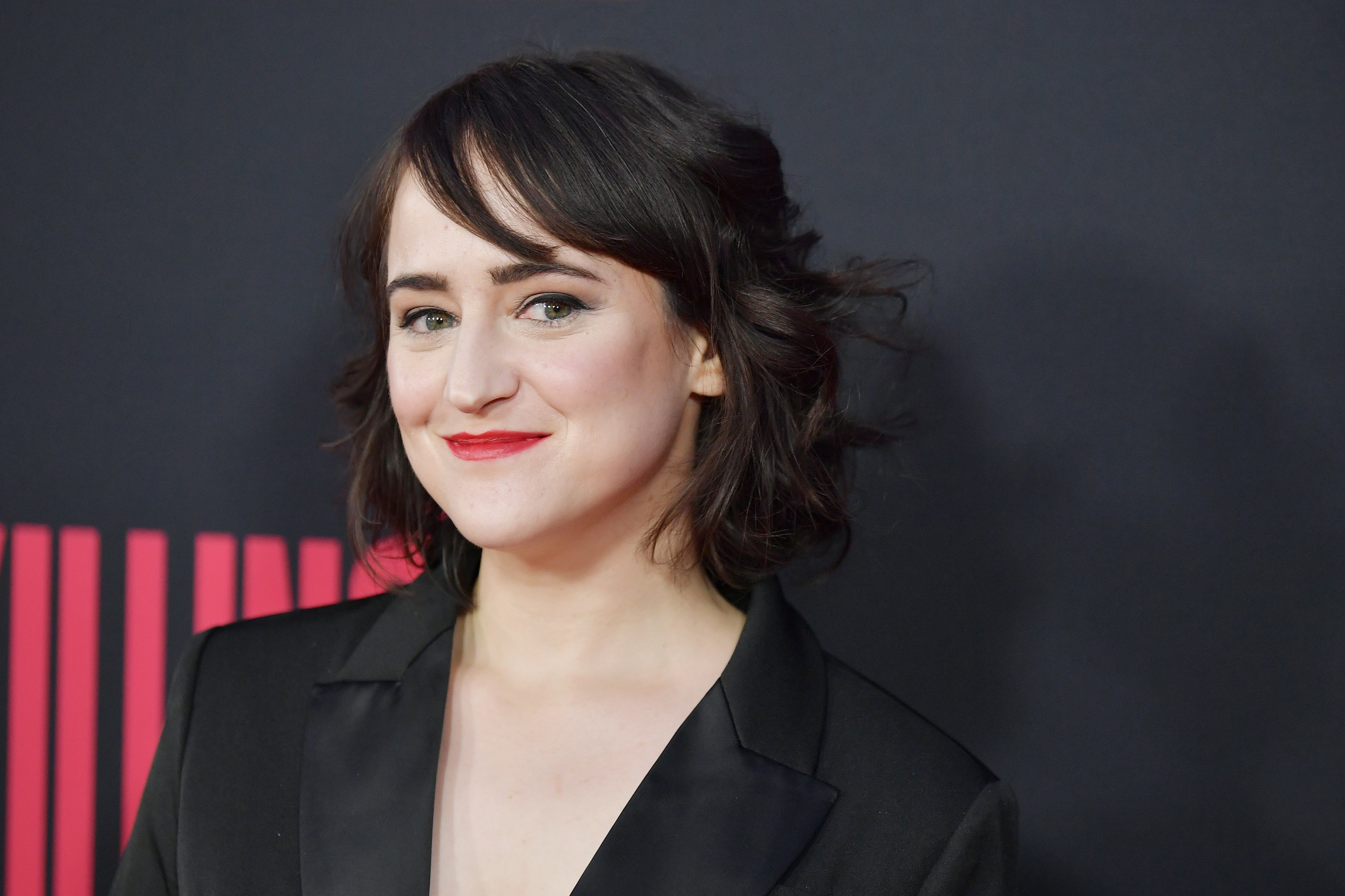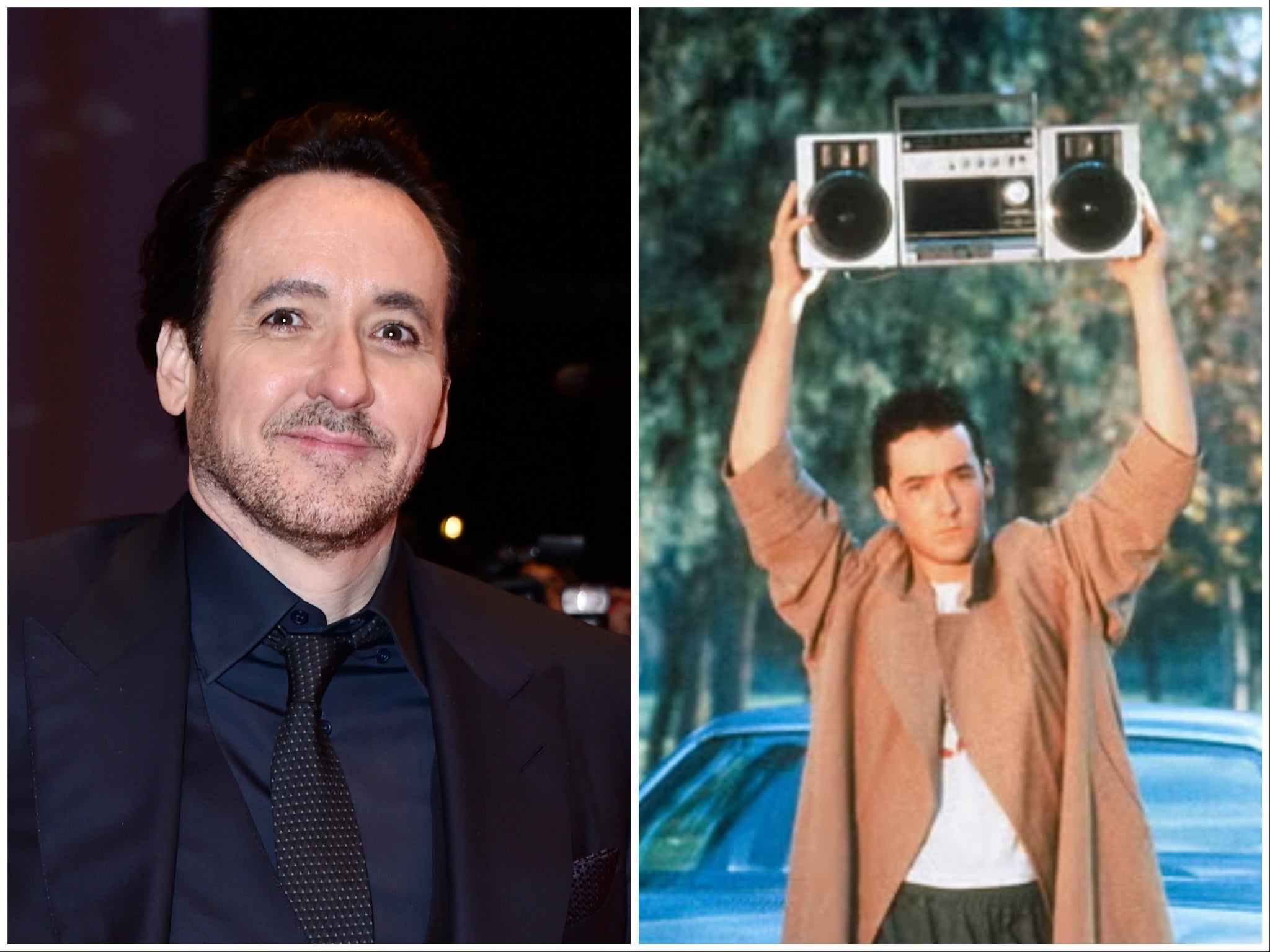These movie and TV stars are sharing ‘appalling’ pay stories to explain the historic Hollywood strike
As actors and screenwriters join in the fight for fair wages and higher streaming residuals, Inga Parkel reports on the stars sharing stories that speak to the importance of the strike


Hollywood will forever be linked to ideas of opulence and glamour, with a conception that the biggest stars in favourite films and television shows are living a life we all dream of.
Those visions were upended this summer when the Screen Actors Guild – American Federation of Television and Radio Artists’ (SAG-AFTRA) joined its fellow union, the Writers Guild of America (WGA), in striking against studios and streamers.
The historic move has prompted an outpouring of actors and writers - many of them household names - sharing horror stories that highlight the very corporate greed that the combined unions’ are fighting against.
On 14 July, the actors’ union negotiating committee approved its membership, comprised of more than 150,000 television and movie actors, to join WGA screenwriters, who’ve been on the picket line since May.
Both unions are in dispute with the Alliance of Motion Picture and Television Producers (AMPTP), which SAG National Executive Director and Chief Negotiator Duncan Crabtree-Ireland has argued “remains unwilling to offer a fair deal on key issues essential to protecting the livelihoods of working actors and performers”.
“When employers make Wall Street and greed their priority and they forget about the essential contributors who make the machine run, we have a problem,” SAG president Fran Drescher said in an emotional tirade against studios. “We are being victimised by a very greedy enterprise.”
Among SAG-AFTRA’s chief demands – which remain similar to its WGA counterpart – include increased wages, higher streaming residuals and improved working conditions.

Here are some of the horror stories shared by those who say they have been affected by the alleged greed of Hollywood studio bigwigs: Disney, Netflix, Amazon, Paramount, Fox, HBO, NBC Universal, Sony, Sunset Glower and Warner Bros.
Matilda child star Mara Wilson ‘never once made enough to qualify for healthcare’ as an adult

Former child actor Mara Wilson, best known for her leading role in Matilda (1996), shared the financial hardship she faced as a result of the streaming age. “Thanks to streaming, I have never once made enough to qualify for SAG-AFTRA healthcare,” she tweeted on Wednesday (13 July).
While she acknowledged she hasn’t “acted much as an adult”, Wilson, 35, argued: “But I WAS a recurring character on one of the most critically acclaimed animated shows of all time, as well playing an actual Disney villain.”
Despite having taken a major step back from the Hollywood limelight following her Nineties stardom, Wilson did return, albeit in a more limited capacity, to voice characters in Netflix’s original animated dark comedy BoJack Horseman and Disney’s animated show Big Hero 6: The Series.
Iconic Eighties and Nineties romcom actor John Cusack rails against ‘legendary’ Hollywood greed
John Cusack, who began acting in films in the early 1980s, shared his view on the actions of Hollywood executives on social media soon after the strike had been announced.
In a repost of a video showing SAG president Fran Drescher speaking out against the “disgusting” greed of film and TV bosses, the High Fidelity star shared an anecdote relating to the hit 1989 teen romcom Say Anything, in which his character wooed his love interest by holding a boombox above his head at her bedroom window.
“The greed is almost a legendary comic trope,” he began his post. “One fun fact – when I was a youngin – I did a film (with a boom box) and somehow I got points – net not gross.
“Never expected to see any money but the film became quite famous – so about 10 years ago I looked again at the financial statements they were obligated to report – and to my shock, they claimed they had LOST 44 million dollars on the film.”
The Must Love Dogs star, 57, then went on to point out differences between the amount the film cost to make and release, and how it has reportedly fared in the years since.

“I thought wow, I almost bankrupted Fox! (not really) The film cost about 13 million to make – and money spent to release was minimal at the time. 30 years in – that film lost millions every year! A neat accounting trick don’t ya think?”
Mandy Moore claims she received ‘pennies’ in This Is Us streaming residuals
Speaking to The Hollywood Reporter from the picket line in Los Angeles on Tuesday (18 July), Moore alleged to have only received a “very, very tiny” amount in streaming revenue from her starring role on NBC’s hit series This Is Us.
Moore, 39, starred in the Emmy-nominated family drama from 2016 to 2022. She played matriarch Rebecca across the six-season series, which followed a picture-perfect family as they go through life’s emotional ups and downs.
However, despite the show’s critical acclaim and impressive viewership ratings, leading lady Moore, who The Independent’s Nicole Vassell has argued is “secretly the best actor on TV”, said she has only made “pennies” from residual payments.
Residuals are additional compensation paid out to actors when their TV shows or movies are replayed.
“The residual issue is a huge issue,” Moore continued. “We’re in incredibly fortunate positions as working actors having been on shows that found tremendous success in one way or another… but many actors in our position for years before us were able to live off of residuals or at least pay their bills.”
While This Is Us is an NBC original that aired live throughout its run, the network struck a digital deal with Hulu to have it land on the streaming platform the day after each episode was broadcast.
The show has remained on Hulu ever since, yet Moore claimed she’s only received “very, very tiny checks, like 81-cent checks” in streaming residuals.
“I was talking with my business manager who said he’s received a residual for a penny and two pennies,” she said.
Orange Is the New Black star claims cast members held second jobs due to poor salaries
Kimiko Glenn, who joined Netflix’s groundbreaking drama in its second season as new inmate Brook Soso, claimed she only made $27.30 (£20) in 2020 from streaming residuals.
The 34-year-old actor originally shared the “astounding” truth of her earnings in a 2020 TikTok video, in which she showed a pink SAG-AFTRA Foreign Royalties Statement that listed all of the titles of the episodes she appeared in, with the grand total of $27.30 (£20.90) at the bottom.
She later reposted the video on Saturday (15 July), following SAG’s strike approval. The video has since gone viral, with many commenters in shock by how little she was paid.
In a new TikTok video, Glenn recounted the initial reaction to the video, saying: “I remember a lot of comments back when I posted that were like, ‘Guys guys guys, they got paid upfront.’
“First of all,” she argued, “whether or not we got paid upfront, my tits live on in perpetuity. I deserve to get paid for as many f***ing streams as that s*** gets.”

Glenn continued: “Second of all, we did not get paid very well, ever. And when I say didn’t get paid very well, you would die!” She went on to reveal that “people were still bartenders, people had their second jobs still”.
“They were f***ing famous as s***, like internationally famous – couldn’t go outside – but had to keep their second jobs because they couldn’t afford to not. We couldn’t afford cabs to set... you guys!” Glenn added.
Final Destination 5 star claims he wasn’t ‘paid a cent’ for cameo
In a since-deleted tweet, Final Destination star Devon Sawa claimed he wasn’t paid for his cameo in the horror franchise’s fifth instalment.
Sawa’s character Alex Browning – the lead in the original 2000 Final Destination film – briefly makes an appearance in Final Destination 5 using footage from the first film.
“I never got paid a cent for Final Destination 5. They didn’t even tell me I was in it when they invited me to the premiere. In the first contract for part one there was a section that stated they owned the footage and could use it in the future. I assumed for press. I was wrong,” Sawa wrote in a tweet that was captured by ComicBook.com before it was deleted.
“This has nothing to do with the filmmakers by the way. I loved FD5. I love them all to be completely honest. And I’m super excited to see number 6,” he added.

She-Hulk writer reveals ‘appalling’ amount his residual check was worth
She-Hulk writer Cody Zigler led the outrage aimed at Disney boss Bob Iger’s earlier criticism of the union for not being “realistic” with their strike expectations.
“The residual check from my episode of She-Hulk: Attorney at Law was $396 [£302],” Zigler tweeted in response to an article relaying the millionaire’s words.
“This was one of the most watched episodes of television, of one of the most watched television series on Disney +. Even made multiple ‘best episodes of 2022’ lists. My residual check was $396,” he further argued in a subsequent tweet. “This is why we’re striking,”
Hours before SAG-AFTRA called the strike, CEO Iger, 72, complained that the actors’ union was threatening to join the writers’ strike at the “worst time”.
“We’ve talked about disruptive forces on this business and all the challenges we’re facing, the recovery from Covid, which is ongoing, it’s not completely back,” he said during an appearance on CNBC’s Squawk Box on Thursday (13 July).
“And they are adding to the set of the challenges that this business is already facing that is, quite frankly, very disruptive,” he added. “This is the worst time in the world to add to that disruption.”
Iger is expected to earn up to $27m (approximately £20.1m) in 2023.



Join our commenting forum
Join thought-provoking conversations, follow other Independent readers and see their replies
Comments